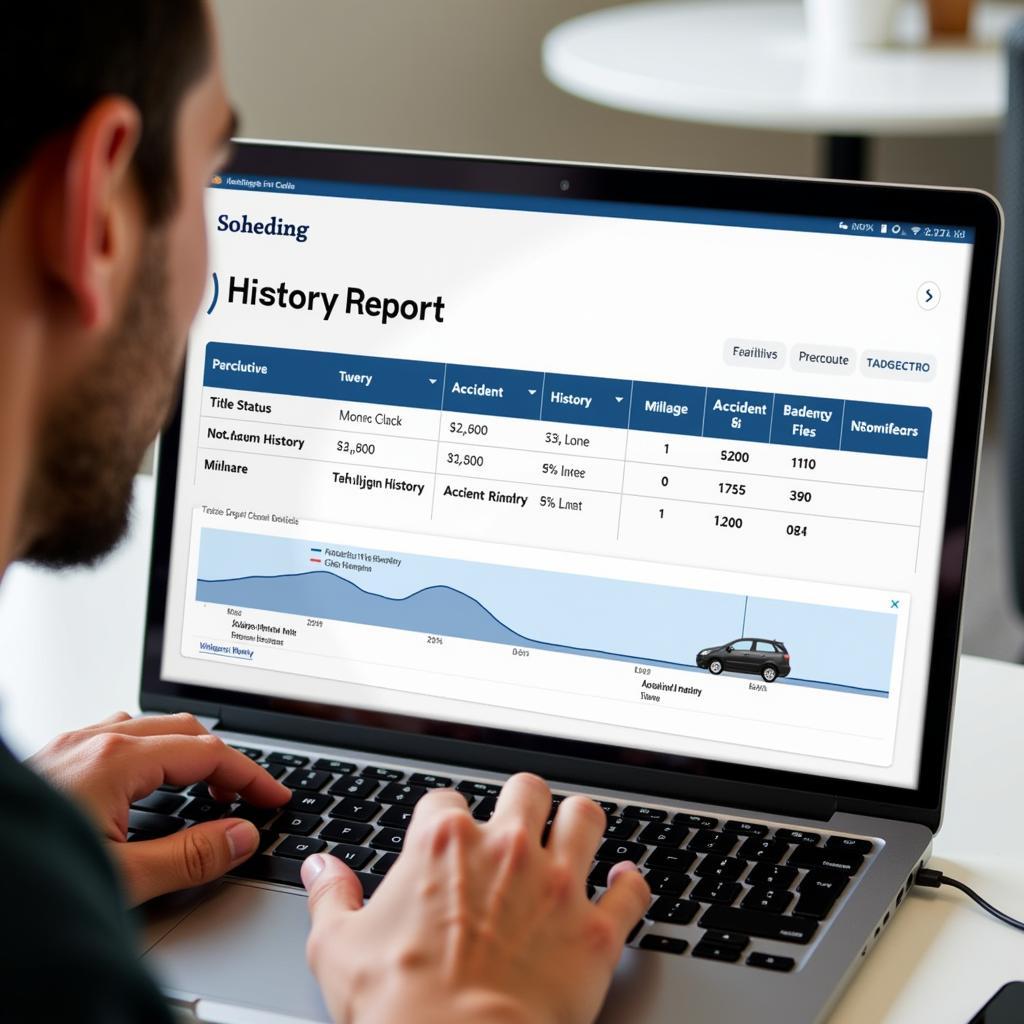Finding out the history of a used car is crucial before you buy. Knowing how to get details on your used car can save you from costly repairs and unpleasant surprises down the line. This article will guide you through the essential steps and resources to get a complete picture of a used vehicle’s past.
Do you want to avoid buying a used car with hidden problems? Understanding a car’s history is key to making an informed purchase. This article explains various methods on how to check car details by SMS, online databases, and vehicle history reports. Learn how to access vital information, including accident history, title status, and mileage, to make a confident decision when buying your next used car. Knowing how to get those used car details is an essential part of the buying process. You can also learn how to check car details by sms.
Unveiling the Past: Essential Checks Before Buying a Used Car
Before you hand over your hard-earned cash, it’s essential to do your homework. A thorough vehicle history check is your best defense against buying a lemon. There are several ways to get details on a used car, each offering different levels of information.
Using the VIN: Your Key to Unlocking Vehicle History
The Vehicle Identification Number (VIN) is a unique 17-character code that acts like a car’s fingerprint. It’s the key to unlocking a wealth of information about the vehicle’s past. Online services and government databases use the VIN to provide detailed reports. Knowing how to get car details using vin number is vital.
Online Vehicle History Reports: A Comprehensive Overview
Several reputable online platforms specialize in providing comprehensive vehicle history reports. These reports typically include information on accidents, title status (salvage, rebuilt, etc.), mileage, service records, and even previous owners. While these reports come at a small cost, the investment is worthwhile for the peace of mind they provide. See how often can you detail your car for more info.
Free Resources: Government Databases and Online Checkers
Various free resources can provide valuable information about a used car. Government databases often offer information on titles and recalls. Some online checkers can also give you a basic overview of a car’s history based on the VIN. However, keep in mind that free resources may not be as comprehensive as paid vehicle history reports. You can learn more on how to check a car details.
Decoding the Data: Understanding Your Vehicle History Report
Once you have your vehicle history report, it’s crucial to understand the information it contains. Here are some key elements to look for:
- Title Status: Check for any red flags like “salvage,” “rebuilt,” or “flood damaged.”
- Accident History: Look for details on any reported accidents, including the severity and location of the damage.
- Mileage: Compare the reported mileage with the odometer reading and look for any discrepancies.
- Service Records: If available, service records can provide valuable insights into the car’s maintenance history.
 Analyzing a Vehicle History Report
Analyzing a Vehicle History Report
“A detailed vehicle history report is like a window into a car’s past. Don’t overlook this crucial step in the used car buying process,” says John Smith, Automotive Expert at CarDetailingUK.
Beyond the Report: Additional Steps to Take
While a vehicle history report is a valuable tool, it’s not the only step you should take. A pre-purchase inspection by a qualified mechanic is essential. This inspection can identify any mechanical issues that might not be apparent in the report. You should also check what color are car details for additional considerations.
Inspecting the Car Yourself: A Visual Check
Before you even consider a professional inspection, take the time to inspect the car yourself. Look for any signs of damage, rust, or wear and tear. Check the tires, lights, and interior for any obvious problems. Trust your instincts – if something feels off, it’s worth investigating further.
 Conducting a Pre-Purchase Car Inspection
Conducting a Pre-Purchase Car Inspection
Conclusion: Empowering Your Used Car Purchase
Getting details on a used car is essential for making an informed decision. By utilizing online resources, government databases, and professional inspections, you can avoid costly mistakes and drive away with confidence. Remember, a little research goes a long way in ensuring your used car purchase is a success. “Don’t rush the process,” advises Jane Doe, Senior Automotive Consultant at CarDetailingUK. “Take the time to get all the facts before you commit to buying a used car.”
FAQs
- What is a VIN? A VIN is a unique 17-character code that identifies a specific vehicle.
- Where can I find the VIN? The VIN is typically located on the dashboard, driver’s side doorjamb, and vehicle title.
- How much does a vehicle history report cost? The cost varies depending on the provider, but typically ranges from $20 to $40.
- Is a pre-purchase inspection necessary? Yes, a pre-purchase inspection is highly recommended to identify potential mechanical issues.
- What should I look for during a visual inspection? Look for signs of damage, rust, wear and tear, and check the tires, lights, and interior.
- Are free vehicle history checks reliable? Free checks can provide some basic information, but paid reports are generally more comprehensive.
- What if the reported mileage doesn’t match the odometer? This could indicate odometer tampering, a serious issue.
For further assistance, please contact us via WhatsApp: +1(641)206-8880 or Email: [email protected]. Our customer service team is available 24/7.

Leave a Reply